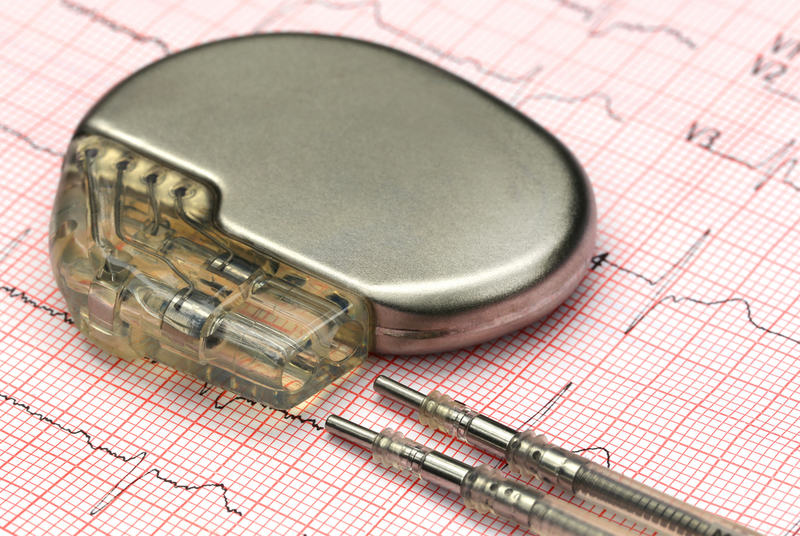Drug regulator issues alert for 3 Medtronic pacemaker models
PTI May 21, 2019
The Indian drug regulator has alerted patients with implants of three Medtronic pacemaker models to seek immediate medical care if they feel light-headed, dizzy or experience chest pain and loss of consciousness, saying these could be signs of the devices' sudden battery depletion.

The alert by Central Drug Standards Control Organisation came after the US Food and Drug Administration raised alarm over the use of the pacemaker models Astra, Serena and Solara. In its alert on May 7, the USFDA cited a case in which a Medtronic implantable pacemaker or CRT-P battery had fully drained because of a crack in the device's capacitor, without any warning to the patient or health care provider.
If a capacitor in a CRT-P is cracked, it can create an electric short, which can cause the battery to drain earlier than expected. Medtronic's implantable pacemakers or cardiac resynchronization therapy pacemaker (CRT-Ps) are devices that provide pacing for slow heart rhythms and heart failure pacemakers and CRT-Ps are both implanted under the skin in the upper chest area with connecting insulated wires called leads that go into the heart.
India's CDSCO has advised patients to seek immediate medical assistance if they feel dizzy, light-headed, severe short breadth or loss of consciousness. "These may be signs your device's battery has had a sudden drop or has drained," it said.
Doctors have been recommended to be alert and consider whether elective device replacement is warranted for a pacemaker patient. "Be aware of sudden battery level drops during follow-up visits and remote transmissions. Watch for decrease in battery level out of proportion to the life of the device from the time of implant even if the level remains within the normal range," the alert stated.
Medtronic reported that healthcare providers were unable to communicate with the device due to battery depletion resulting in loss of pacemaker function. It also reported these events occurred in the US within one year after the patient was implanted with the pacemaker or CRT-P, on average within seven months of getting the device implanted.
One of the reported events resulted in the death of a pacemaker-dependent patient. In the second reported event, the patient experienced dizziness during follow-up and the healthcare provider was unable to communicate with the device, which resulted in the patient getting their device replaced.
In the third event, there was no harm to the patient because the device was not implanted when the healthcare provider became aware that a connection with the device could not be established.
-
Exclusive Write-ups & Webinars by KOLs
-
Daily Quiz by specialty
-
Paid Market Research Surveys
-
Case discussions, News & Journals' summaries